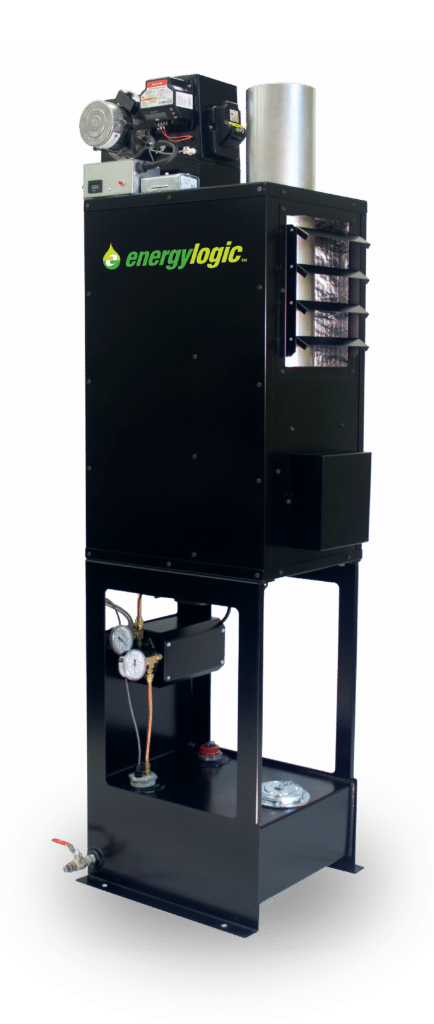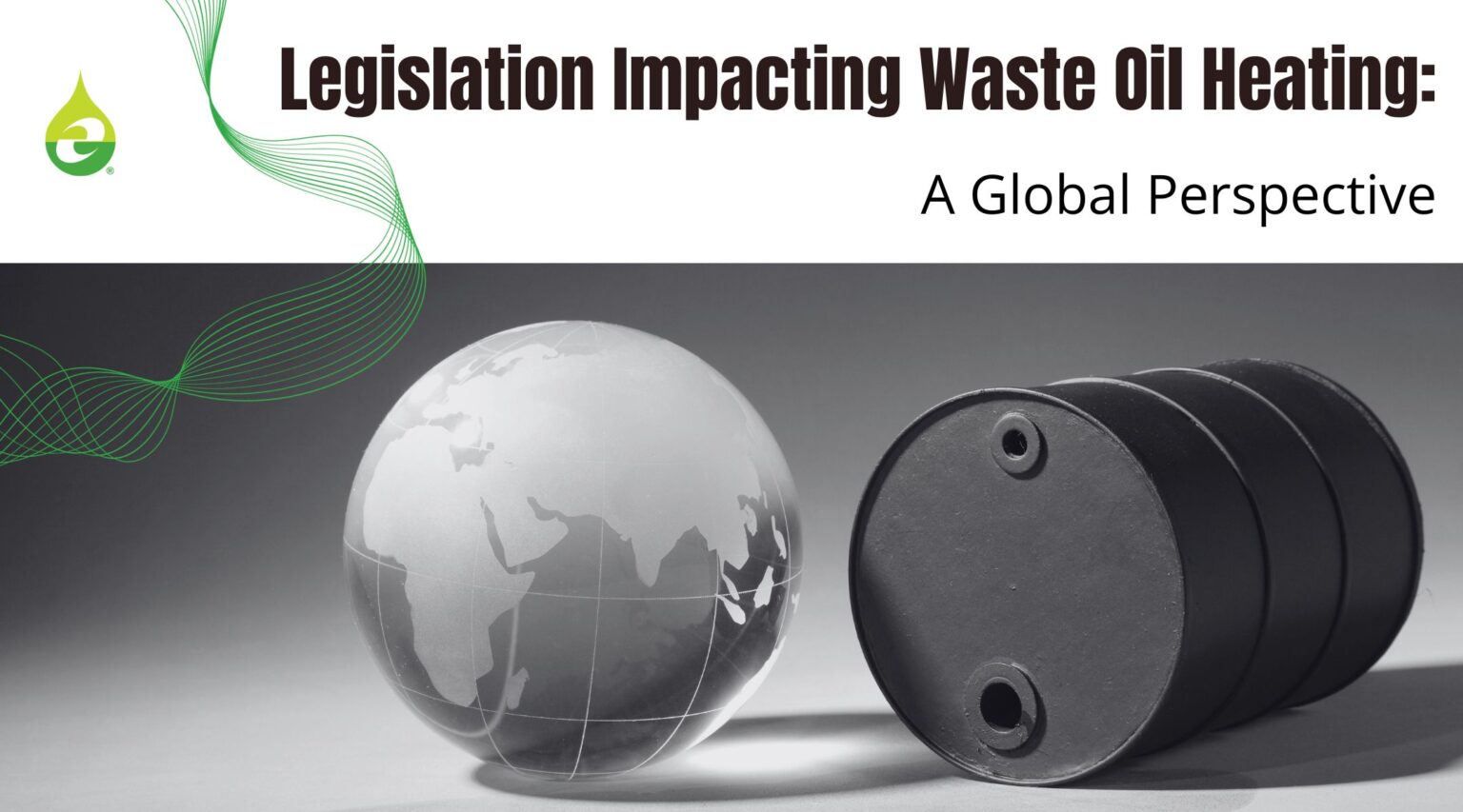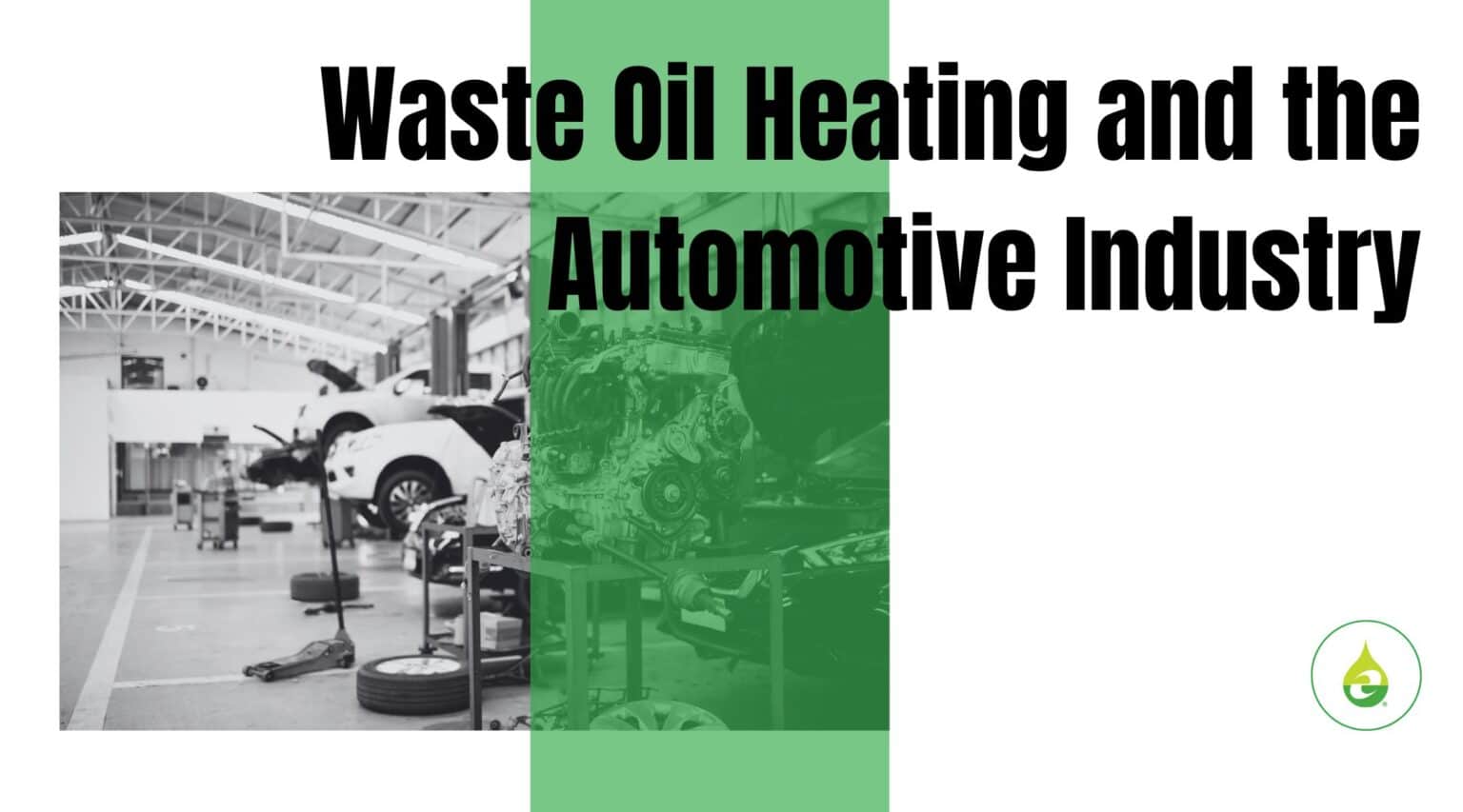From local garages to businesses with large fleets of vehicles, every drop of used oil that is captured for recycling helps keep Canadian landfills and waterways safe from contamination.
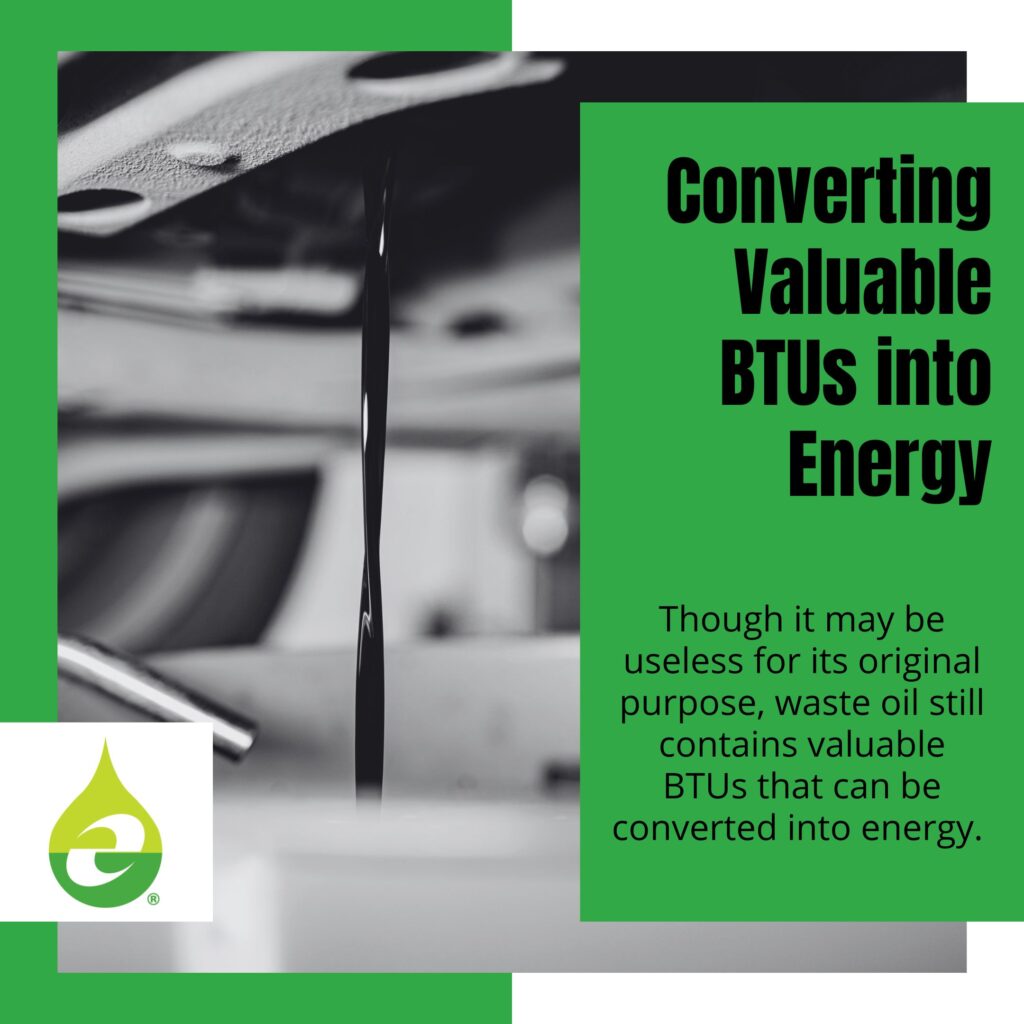
An alternative method of keeping used oil out of landfills and waterways is incinerating the used oil in a certified burner. Burning waste oil is an even better alternative to recycling as it further reduces the environmental impact, costs, and liabilities occurred during transporting. Additionally, burning waste oil can provide a cost effective way to heat buildings.
The regulation of burning waste oil is a provincial responsibility, meaning each province in Canada has different rules and restrictions. We have compiled an overview of these regulations for each province and territory in Canada. This guide is a starting point. Always check with your local government for additional municipal restrictions and regulations.
Here is a summary of the waste oil burning regulations in your area. Use them to discover how you can conserve Canada’s natural resources and save money in the process.
Alberta
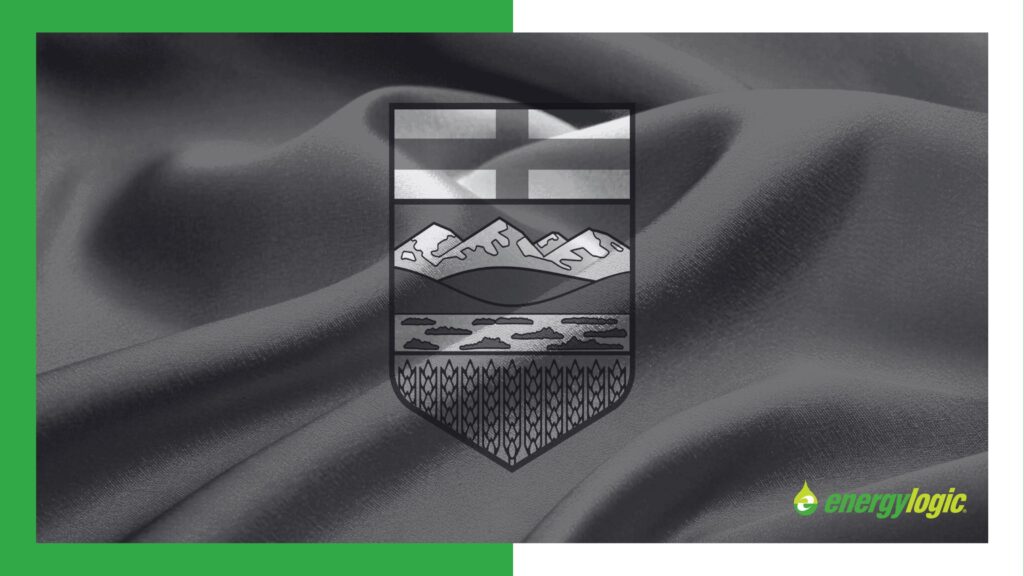
The Alberta government recognizes waste fuel and used oil burning as a safe and cost-effective alternative to recycling. However, facilities that wish to burn waste oil must do so in accordance with the Environmental Protection and Enhancement Act.
Basic requirements include registering under the Code of Practice for Energy Recovery or obtaining approval. Additionally, the design and construction of combustion units or space heaters that burn used oil must comply with the General Requirements for Oil Burning Equipment and Oil Burners as published by the Canadian Standards Association. The installation of oil burning equipment must also comply with the CSA standards.
Additionally, storage tanks used for storage of recyclables, alternate fuel, and waste burned as fuel shall comply, as applicable, with the Alberta Fire Code (1997), published by the National Research Council of Canada, as amended. Failure to comply with these regulations may result in fines or other penalties.
British Columbia
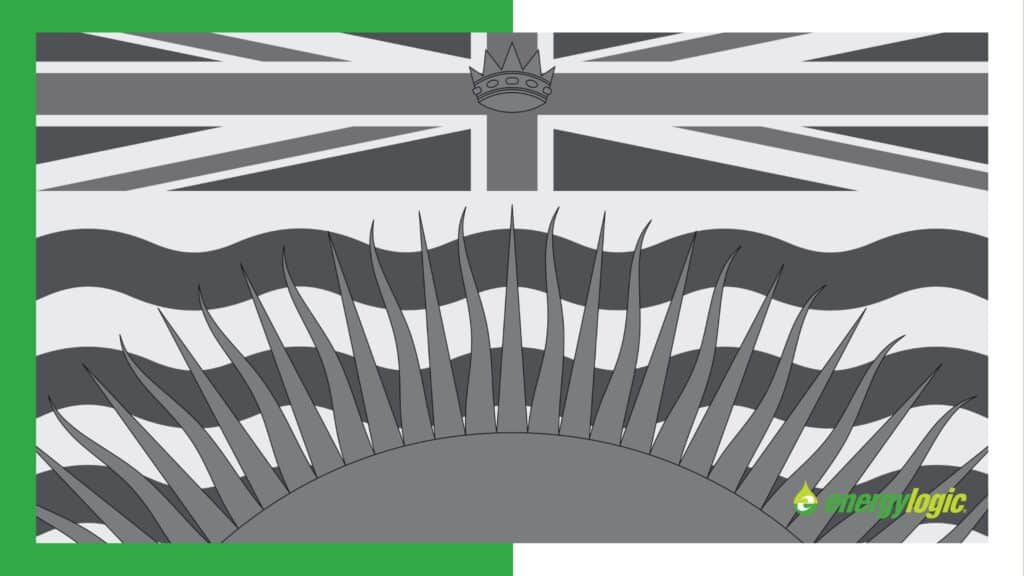
The Government of British Columbia allows for the burning of waste oil for fuel as long as the standards and conditions for this type of use are met.
In summary, waste oil burnt as fuel must meet the specifications given in Figure 12, Waste Oil Specifications for Use as Fuel, in the Hazard Waste Legislation Guide, for the type of fuel use concerned. Because burning releases contaminants directly to the atmosphere, the specifications in Figure 12 are very strict. They are so strict that in most cases waste oil must be re-refined before it may be used as a fuel. The benefit is that facilities using such oil are not regulated as thermal facilities or incinerators.
Mixing or blending of waste oil with product fuel for use or sale as fuel is allowed, provided that the product fuel is a hydrocarbon for which a Canadian General Standards Board fuel specification exists and the waste oil before any mixing or blending meets the specifications given in Figure 11, Waste Oil Specifications for Manufacture of Pavement. Additionally, a written record must be kept showing the waste oil meets the required specifications. Mixing or blending of waste oil with something other than product fuel as described above may be allowed, provided this is approved in advance by a director.
For more comprehensive rules regarding the transport and disposal of used oil in British Columbia, contact the BC Used Oil Management Association (BCUOMA) or the British Columbia’s Ministry of Environment.
Manitoba
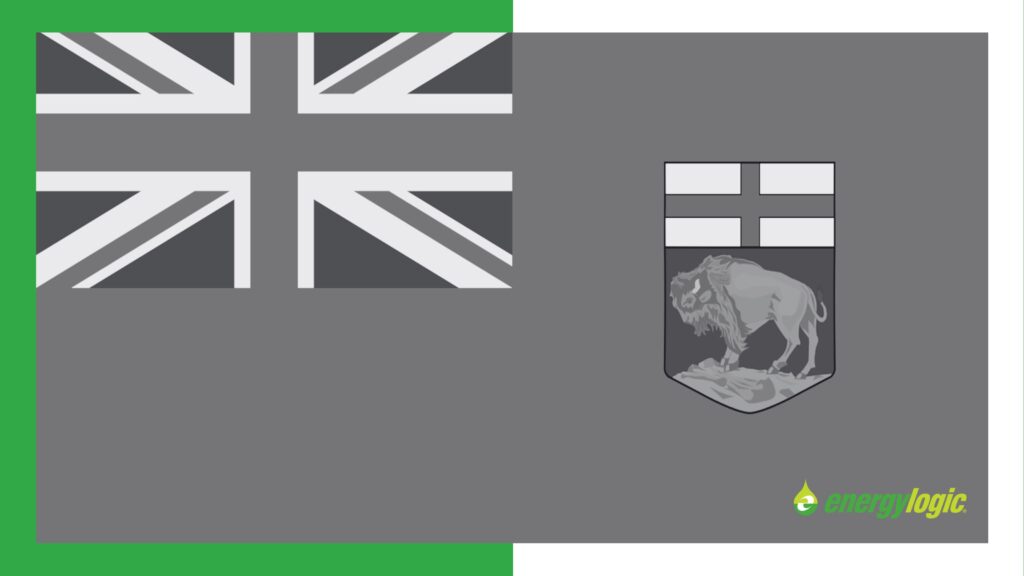
In Manitoba, the Branch of Environmental Approval regulates the transportation, storage and disposal of hazardous waste. This includes regulating the burning of waste oil. The province deems waste fuel burning as a safe and effective method of recycling. It also allows burning for the purpose of heating under certain regulations as pursuant to The Dangerous Goods Handling and Transportation Act.
First and foremost, a hazardous waste disposal facility license is not required for a used oil burner, or a combination of used oil burners, with a heating capacity that does not exceed 500,000 Btu/hr. However, the facility must comply with sections 10.2 to 10.5 of the regulation.
Registration Requirement: An operator of a used oil burner facility must register as a hazardous waste generator by submitting a completed registration form to the department to obtain a Hazardous Waste Generator Registration Number (also referred to as a Provincial Registration I.D. or MBG Number) assigned by the department. This facility will also be assigned a Hazardous Waste Receiver Registration Number (also referred to as MBR number) if used oil is collected or received from offsite.
Used Oil Storage Regulations: Used oil for a used oil burner must be stored in an aboveground storage tank system, in accordance with the requirements of the Storage and Handling of Petroleum Products and Allied Products Regulation (M.R. 188/2001), and the adopted sections of the Environmental Code of Practice for Aboveground and Underground Storage Tank Systems Containing Petroleum and Allied Petroleum Products, published by the Canadian Council of Ministers of the Environment, Reference Number 1326 (as amended from time to time).
No Mixing or Blending Allowed: The operator of the used oil burner must not mix or blend used oil with any other substances other than product fuel for use as fuel in the used oil burner, except as permitted under CSA B139-15, Installation Code for Oil Burning Equipment (as amended from time to time).
Operation of Used Oil Burner: The operator must ensure that: (i) all combustion gasses from the burner are vented to the outside (ii) the heater chimney is positioned to prevent the intrusion of combustion gasses into any air intake, window or door.
Lastly, all used oil burning machines must comply with provincial and local fire standards.
The Compliance Guide to Manitoba’s Hazardous Waste Legislation provides comprehensive, up-to-date details of the requirements and legal obligations concerning the burning of waste oil in Manitoba. For additional information, contact the Manitoba Branch of Environmental Approval Hazardous Waste Program.
New Brunswick
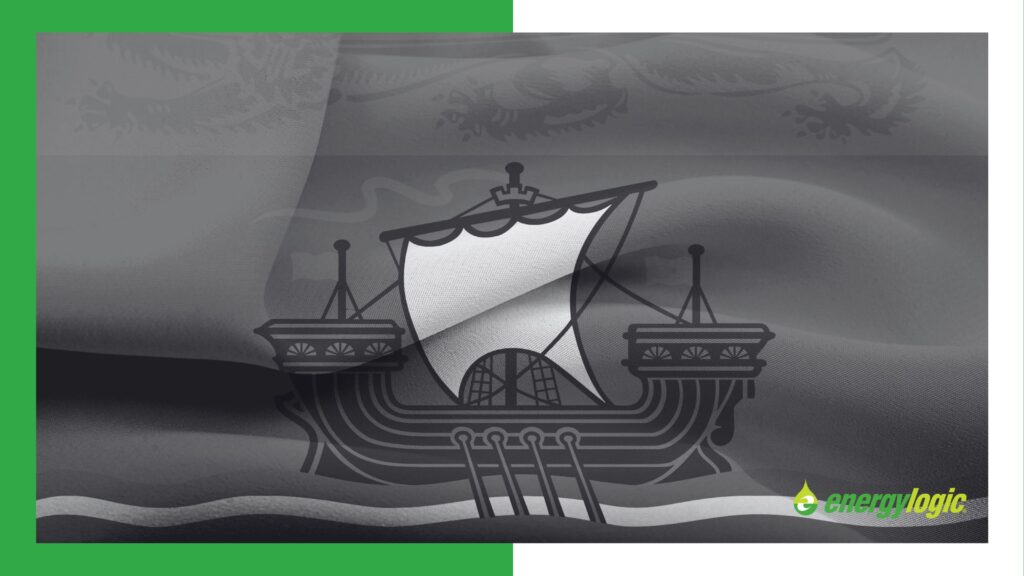
The New Brunswick Department of Environment and Local Government is tasked with regulating and enforcing the rules set forth in the Environmental Quality Act, which was enacted in 2002. As part of this act, the Lieutenant Governor set forth regulations pertaining to waste fuel burning.
The government permits those who produce used oils to burn the substance as fuel, as long as it is in an approved furnace that the producer owns. Used oil must be burned at a rate less than 15 liters per hour per premises. Additionally, every furnace used to burn crankcase oil must conform with the standards outlined in provincial and municipal law. Check with your local Fire Marshal for details.
Newfoundland
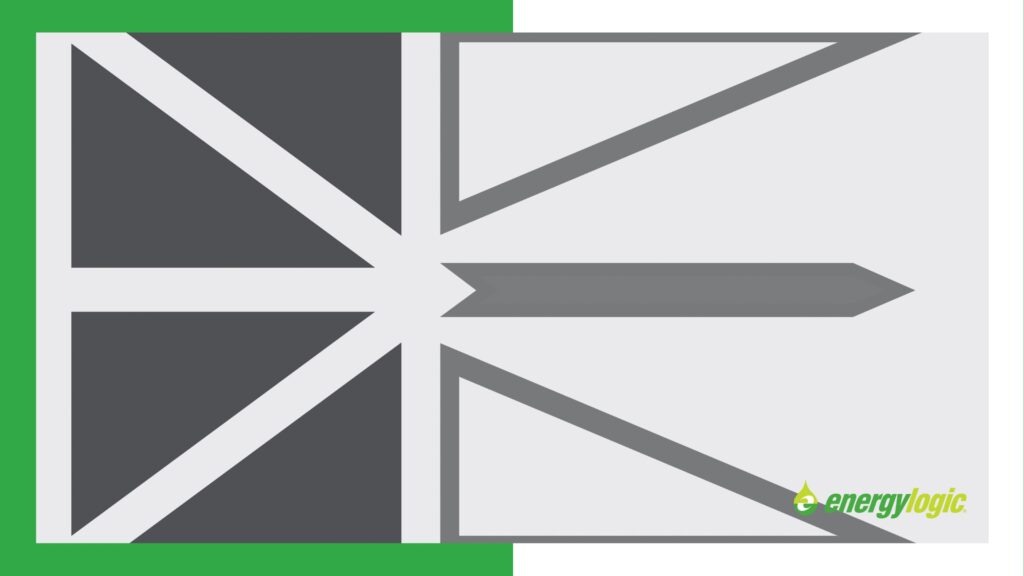
For many years, Newfoundland’s official position on the combustion of used oil was that it was not permitted. However with the advent of the Used Oil Control Regulations and the Air Pollutions Control Regulations of 2004, the Department of the Environment started to allow the combustion of used oil subject to strict compliance of their regulations and guidelines.

The Used Oil Control Regulations under the Environmental Protection Act outlines the full restrictions. There are a few key points to note:
- The combustion equipment must comply with the applicable requirements of the Air Pollution Control Regulations, 2004.
- No one is permitted to burn used oil, waste products, or any other material in a combustion process machine unless they are using it in accordance with the manufacturer’s instructions.
- Each piece of combustion equipment must have emission control devices that the Minister has approved.
- The rate of oil burning must not exceed the equipment design.
- Each person wishing to burn used oil in an approved machine must have the written consent of the Minister.
- The operator understands that if an approval is issued, it will be issued pursuant to Section 78 of the Environmental Protection Act.
Northwest Territories
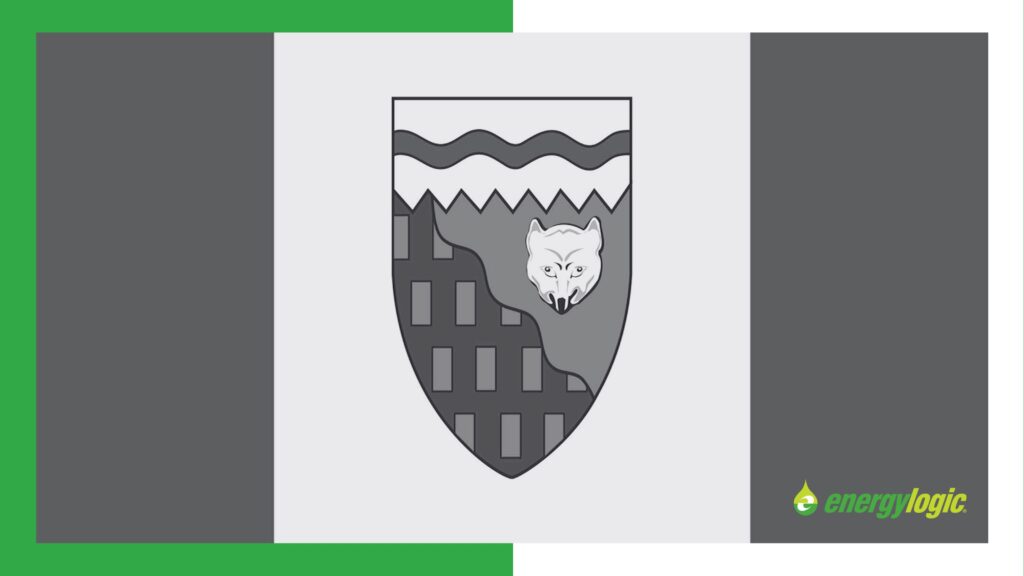
The Government of the Northwest Territories is responsible for making sure used oil and fuel is managed in a consistent and environmentally sound manner.
Any business in the Northwest Territories wishing to burn waste oil must register their used oil burner in accordance with the Used Oil and Waste Fuel Management Regulations.
If you own a used oil burner, you are required to have a representative sample of your used oil analyzed to make sure it meets the requirements of the Used Oil and Waste Fuel Management Regulations.
Additionally, if you are generating used oil, you must ensure only used oil suitable for combustion is consigned to registered used oil burner.
Finally, No person shall incinerate waste fuel unless that person has advised the Chief Environmental Protection Officer of the proposed incineration and provided the following information to the Chief Environmental Protection Officer at least 14 days before the proposed date of incineration:
a. the volume and type of waste fuel;
b. the source of the waste fuel;
c. why the waste fuel is considered waste;
d. the identity of impurities that are in the waste fuel and an estimate of the concentration of such impurities;
e. the location of the waste fuel;
f. the certification, approvals and test data relating to the equipment to be used for incineration; g. an analysis of alternatives to incineration and an explanation of why such alternatives are not being pursued.
For more information on the requirements for registering and burning waste oil, please see the Plain Language Guide to the Used Oil and Waste Fuel Management Regulations, or contact (867) 767-9236 ext. 53187.
The incineration of waste fuel and used oil is permitted as long as the operator has an applicable permit and burns in an approved receptacle and location. Anyone wishing to burn used oil must register with the Chief Environmental Protection Officer (EPO). You must also keep a record of all your activities. If you burn fewer than 200 liters per year, you may be exempt from some regulations, though you still must manage your materials in compliance with the Environmental Protection Act.
Nova Scotia
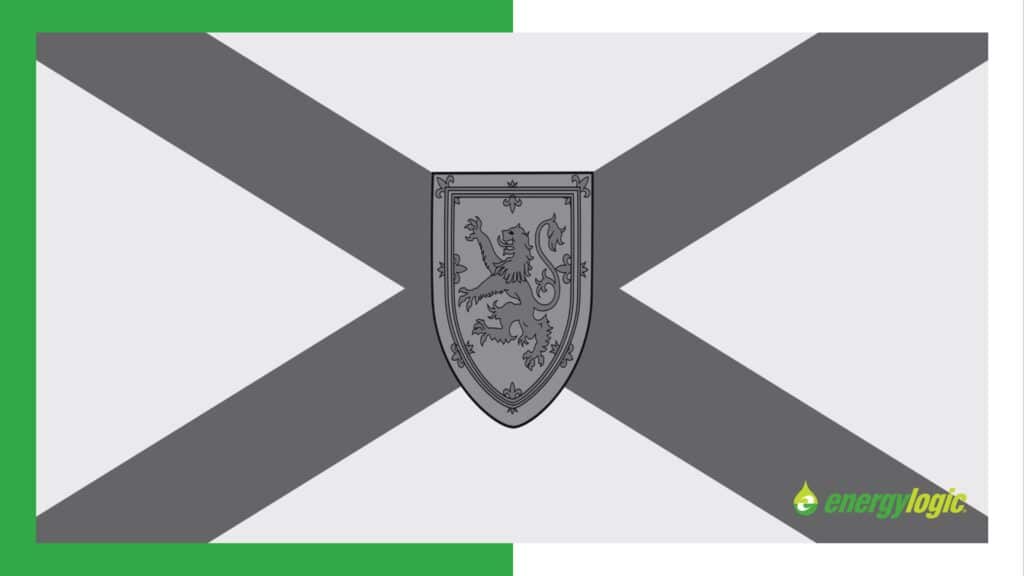
Nova Scotia’s Department of the Environment states that all business and institutions are responsible for the proper handling of hazardous material and wastes including the identification and classification of hazardous waste. As such, there are a suite of regulations that establishes specific requirements relating to the use, storage, treatment, recycling and disposal of waste oil in the province.
The Used Oil Regulations made under Section 84 of the Environment Act provide a comprehensive description of these regulations. In brief, those wishing to burn waste oil as a fuel source may do so provided certain guidelines are met:
- Prior written approval is given by the Administrator.
- An Administrator has been notified at least 30 days prior to the commencement of the burning.
- The used oil is not contaminated and this is verified by a certificate respecting the analysis from a laboratory.
- Prior to January 31st of each year, a person who burns used oil shall complete and submit a written report to the Administrator which includes information respecting the volume of used oil burned during the previous calendar year.
Nunavut
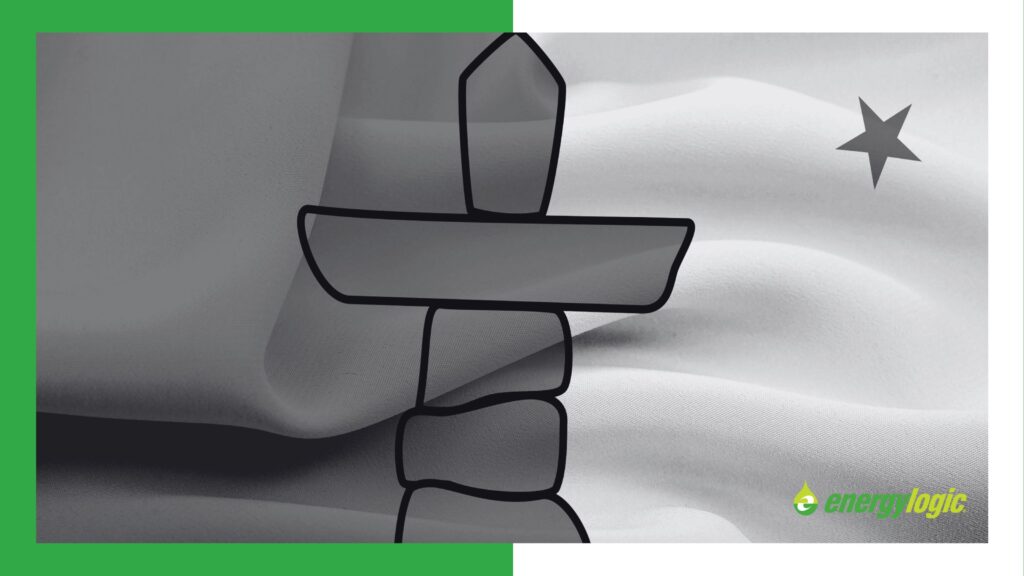
The Government of Nunavut’s Environmental Protection Division is responsible for ensuring the proper management of used oil and waste fuel. The region derives its main regulations from the Environmental Protection Act, which prohibits the discharge of contaminants to the environment.
In accordance with the EPA and the Government of Nunavut, used oil and waste fuel should only be burned using boilers or furnaces that have been certified and approved for that purpose by the Canadian Standards Association (CSA), Underwriters’ Laboratories of Canada (ULC) or another certified testing agency acceptable to the Fire Marshal. In all cases, combustion gasses must be vented directly to the outside ambient air.
Additionally, used oil should not be blended or diluted with other hydrocarbons for the primary purpose of meeting the maximum levels of impurities. Furthermore, written records of appliance operation should be kept by the operator. These records should include when and how much used oil was burned.
Also, used oil and waste fuel appliances should not be operated on property that is zoned residential or, if the property is not zoned, on property in an area that is used primarily for residential purposes.
Bottom ash and other solid residue collected from the appliance is suitable for burial when it meets the criteria set out in the Environmental Guideline for Industrial Waste Discharges into Municipal Solid Waste and Sewage Treatment Facilities or in accordance with land use permits and water licenses issued by Nunavut’s co‐management boards and Aboriginal Affairs and Northern Development Canada. When the residue meets the criteria and is to be disposed of into a municipal landfill, consent from the local community government must first be obtained. Bottom ash not meeting the criteria is considered to be a hazardous waste and must be managed in accordance with the Environmental Guideline for the General Management of Hazardous Waste.
Any person who purchases or operates a used oil or waste fuel appliance is strongly encouraged to register the appliance with the Nunavut Department of Environment. Voluntary registration enables the Department to better manage used oil and waste fuel by maintaining an up‐to‐date inventory of certified appliances operating in Nunavut. There is no fee for registering the used oil or waste fuel appliance.
For additional information, go to https://www.gov.nu.ca/environment/information/used-oil-and-waste-fuel or contact environment@gov.nu.ca.
Ontario
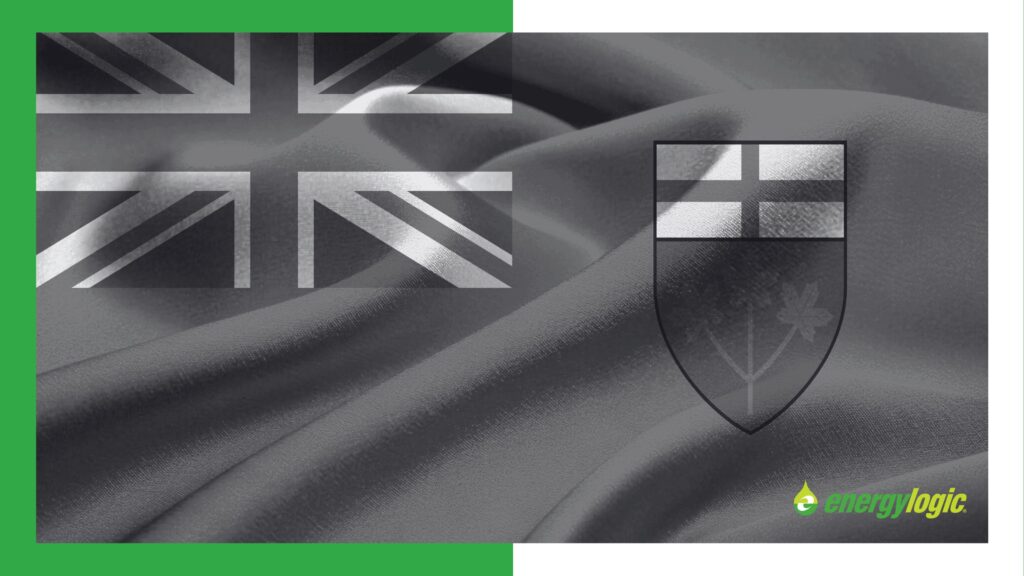
Ontario’s Ministry of Environment and Climate Change is committed to maintaining and enhancing healthy communities in Ontario by protecting the province’s air, land, and water. The Ministry recognizes used oil as hazardous waste; as such, it has regulations for its transport, incineration, and removal.
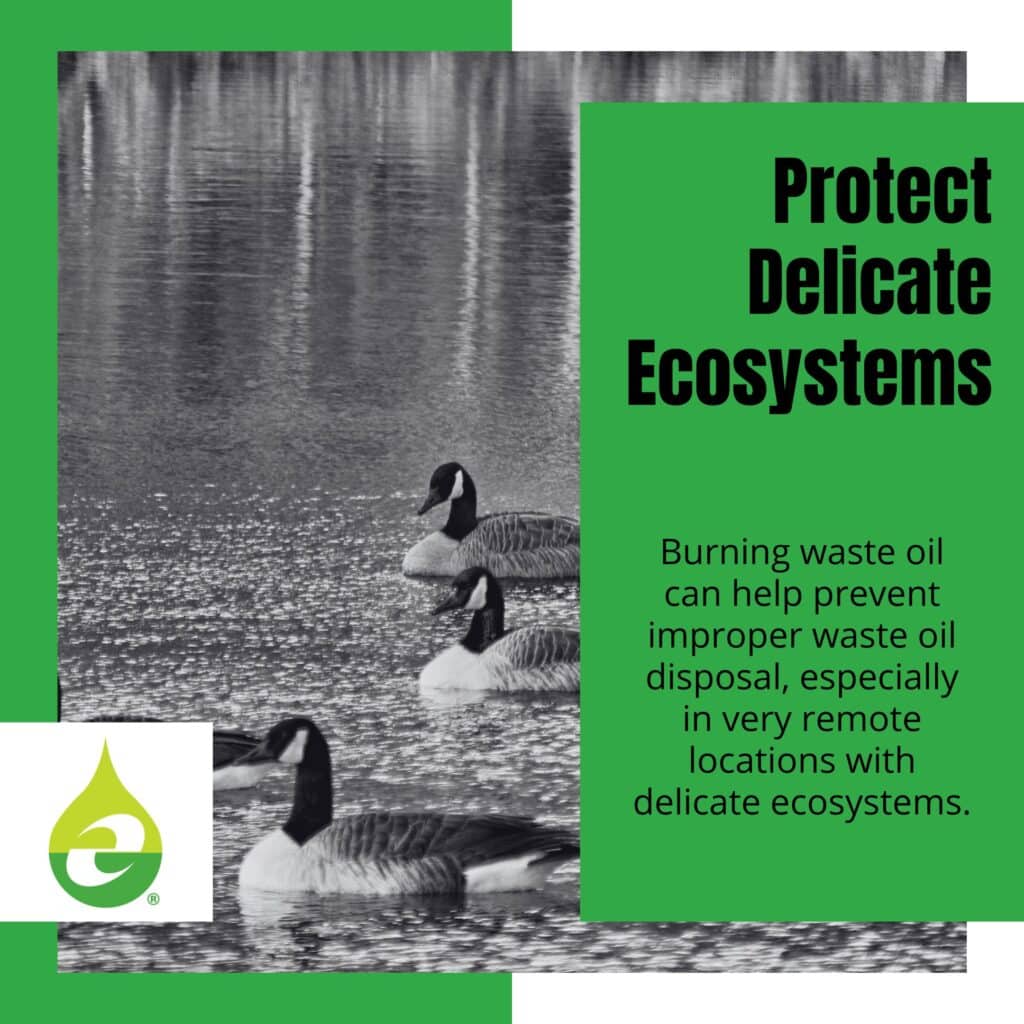
Residents and businesses must burn waste oil in accordance with the laws set forth in the Environmental Protection Act. Waste fuel burning is permitted in Northern Ontario, but it’s prohibited in Southern Ontario.
All businesses and residents who wish to burn waste fuel in Northern Ontario must obtain a permit from the Ministry. To find the office nearest you, call toll free at 1-800-565-4923.
Prince Edward Island
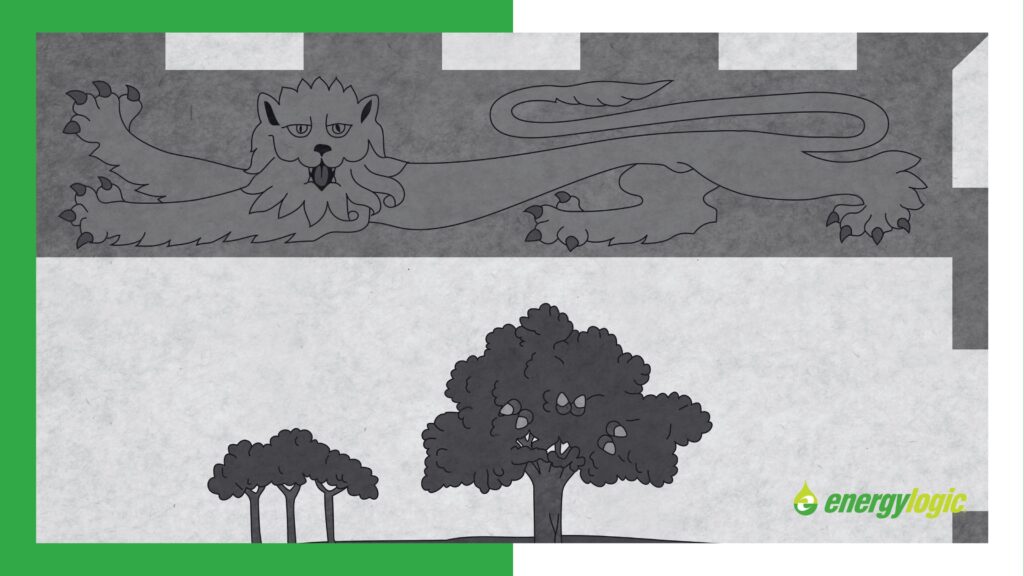
The Province of Prince Edward Island Office of Communities, Land, and Environment regulates businesses and citizens who produce and wish to reuse hazardous waste. Businesses and individuals who generate hazardous waste must register with the department as a “hazardous waste generator.” To receive a Provincial Identification Number (PIN), all generators should complete a Waste Carrier/Generator/Receiver Registration Form.
Businesses must maintain records of all hazardous waste management activity. Individuals who are interested in operating a used oil burner on Prince Edward Island should contact the Air Quality and Hazardous Materials Office at (902) 368-5037 for more information, as a permit is required.
Quebec

Hazardous material in Quebec is outlined in the Environmental Quality Act and regulated by the Minister of Sustainable Development, Environment, Wildlife, and Parks. According to the Environmental Quality Act, no one may emit, deposit, or burn a hazardous material into open air. Waste fuel burning for space heating, however, is permitted.
All parties interested in burning waste fuel in a burner must obtain a permit from the Minister of Sustainable Development, Environment, Wildlife, and Parks. Exempt from this rule are those who were issued permits prior to 1998 and facilities that operate off Quebec’s highway system.
Saskatchewan
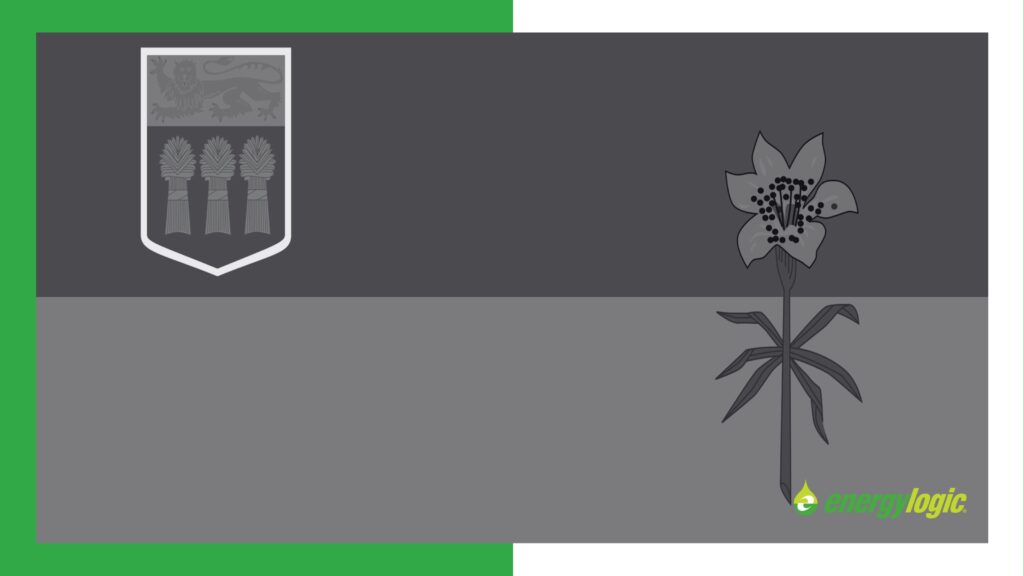
The Saskatchewan Ministry of Environment has established guidelines on the incineration of used oil and waste fuels. While having a permit isn’t strictly necessary, the Ministry may decide to require them to ensure that ambient air quality standards are met.
The design and construction of all waste burners must comply with standards set forth by the CSA or ULC. They must also meet all local fire codes and residential standards, which vary by municipality. Those who wish to use used oil for space heating must:
- Burn at a rate slower than 500,000 BTUs/hr.
- Ensure that waste oil equipment is kept at over 100 meters away from all residences, including secondary residences like cottages.
- Only burn waste oil of their own or procured from other individuals from the maintenance of personal vehicles.
Direct all questions about these policies to the Saskatchewan Ministry of Environment Client Services Office at 1-800-567-4224.
Saskatchewan Environment has established guidelines on the incineration of used oil and waste fuels. While having a permit isn’t strictly necessary, the ministry may decide to require them to ensure that ambient air quality standards are met.
The design and construction of all waste burners must comply with standards set by CSA or ULC. They must also meet local fire codes and residential standards, which vary by municipality. Direct all questions about these policies to the Saskatchewan Ministry of Environment Client Services Office at 800-567-4224.
Those who wish to use used oil for space heating must adhere to the following criteria:
- Burn at a rate slower than 500,000 BTUs per hour.
- Ensure that waste oil equipment is more than 100 meters from all residences, including secondary residences like cottages.
- Only burn waste oil that they own or procured from other individuals from the maintenance of personal vehicles.
Yukon Territory
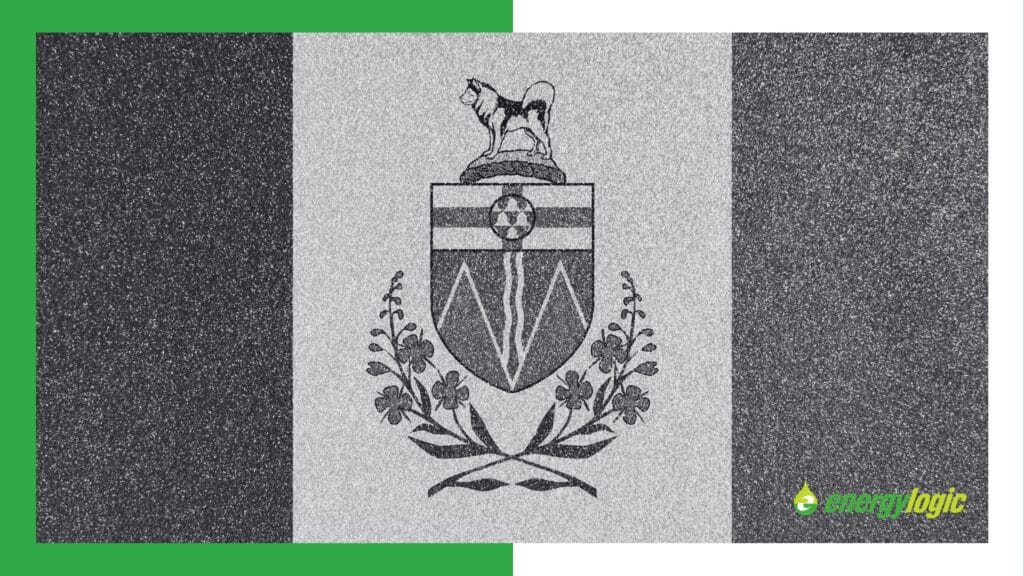
The Yukon Department of Environmental Regulations oversees the rules and regulations of waste oil burning in the Yukon Territory. Overall, waste oil burning is supported in the Yukon Territory, and it is estimated that more than 60% of the waste oil generated in the province is disposed of through burning in an approved furnace.
One primary regulation in the Yukon Territory is that waste oil may only be incinerated in a heater or furnace that has been approved by the the Canadian Standards Association (CSA), the Underwriter’s Laboratories (UL), or the Underwriters’ Laboratories of Canada (ULC) for the incineration of waste oil. Additionally the incinerator must be installed, operated, and maintained in accordance with the manufacturer’s specifications.
A secondary requirement to burning waste oil in the Yukon Territory is that only uncontaminated waste oil may be disposed of through incineration. This regulation helps prevent the release of contaminants present in the oil from going into the air, further damaging the environment. The rule also helps minimize onsite hazards from burning contaminated waste oil. For example, if solvents or other flammable liquids are present in the waste oil it increases the flash point of the fuel potentially resulting in a fire or explosion. This regulation also protects the manufacturer’s warranty and insurance which may be voided if contaminated oil is burned.
Finally, businesses that wish to incinerate waste oil in a waste oil burner must have a permit under the Special Waste Regulations that specifically authorize this activity.
Anyone who burns waste oil must also have an applicable permit. Operators using their own waste exclusively will need a Special Waste Disposal Permit, while those accepting oil from other generators should apply for a Special Waste Facility Permit. Both are available free of charge through the department of Yukon Environmental Regulations. Those interested in applying for a permit or learning more about waste oil burning or disposal should contact (867) 667-5683.
Benefits of Waste Oil Burning
In most Canadian provinces, used oil burning is allowed, provided that you get permission and use approved models. Which is great news for businesses that want a safe method of recycling existing oil whilst reducing their heating bills.
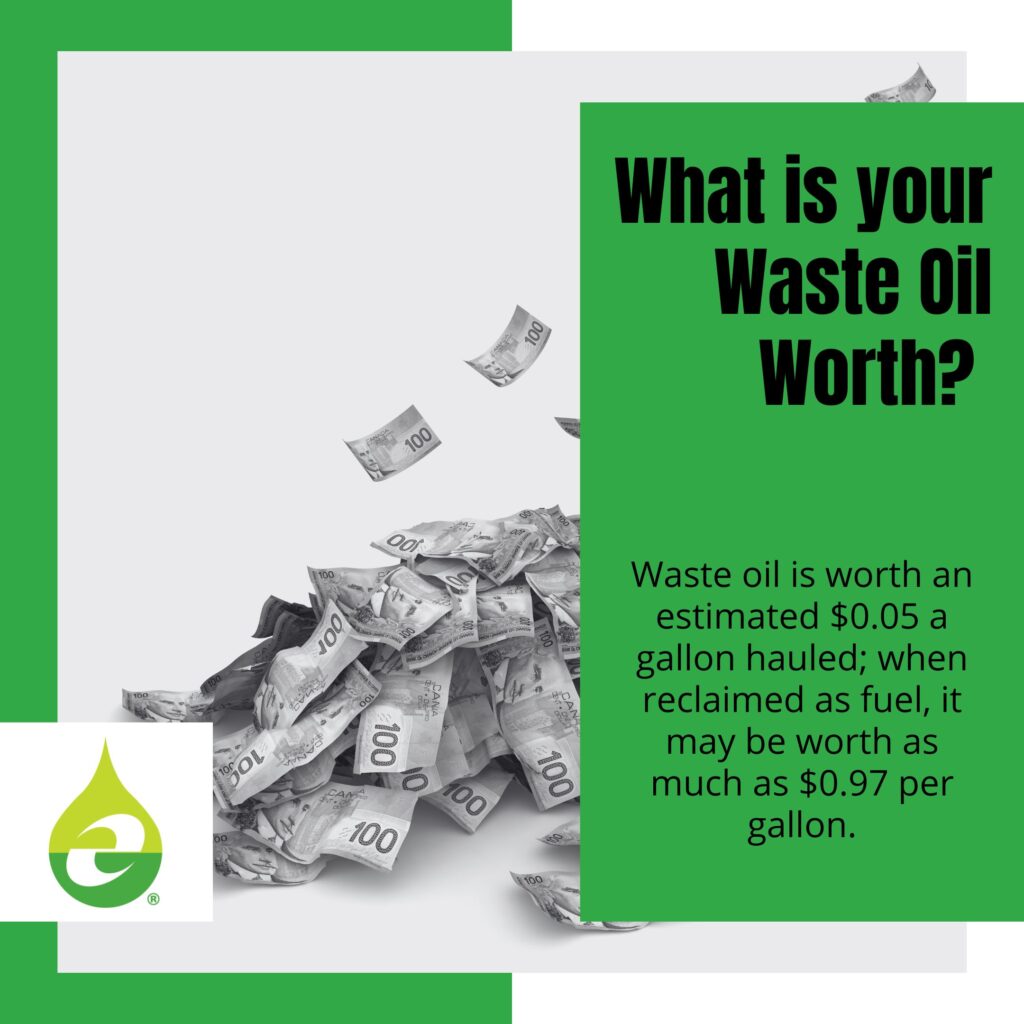
Waste oil is worth an estimated $0.05 a gallon hauled; when reclaimed as fuel, it may be worth as much as $0.97 per gallon. Though it may be useless for its original purpose, waste oil still contains valuable BTUs that can be converted into energy. As technology has progressed, waste oil burning systems have become more sophisticated, lighter, stronger, and more efficient. They also yield a good return on investment, since you can recoup your expenses in as little as a year.
For further information on specific rules in your province or municipality, check with your local department or ministry of the environment or contact the Used Oil Management Association of Canada.
Sources:
http://legisquebec.gouv.qc.ca/en/showdoc/cr/Q-2,%20r.%2032
http://faolex.fao.org/docs/pdf/nb47783.pdf
http://publications.gov.sk.ca/documents/66/86322-English.pdf
https://yukon.ca/sites/yukon.ca/files/env/env-waste-oil.pdf
https://www.gov.mb.ca/sd/pubs/waste_management/hazardous/complianceguide_hazardouswaste.pdf

